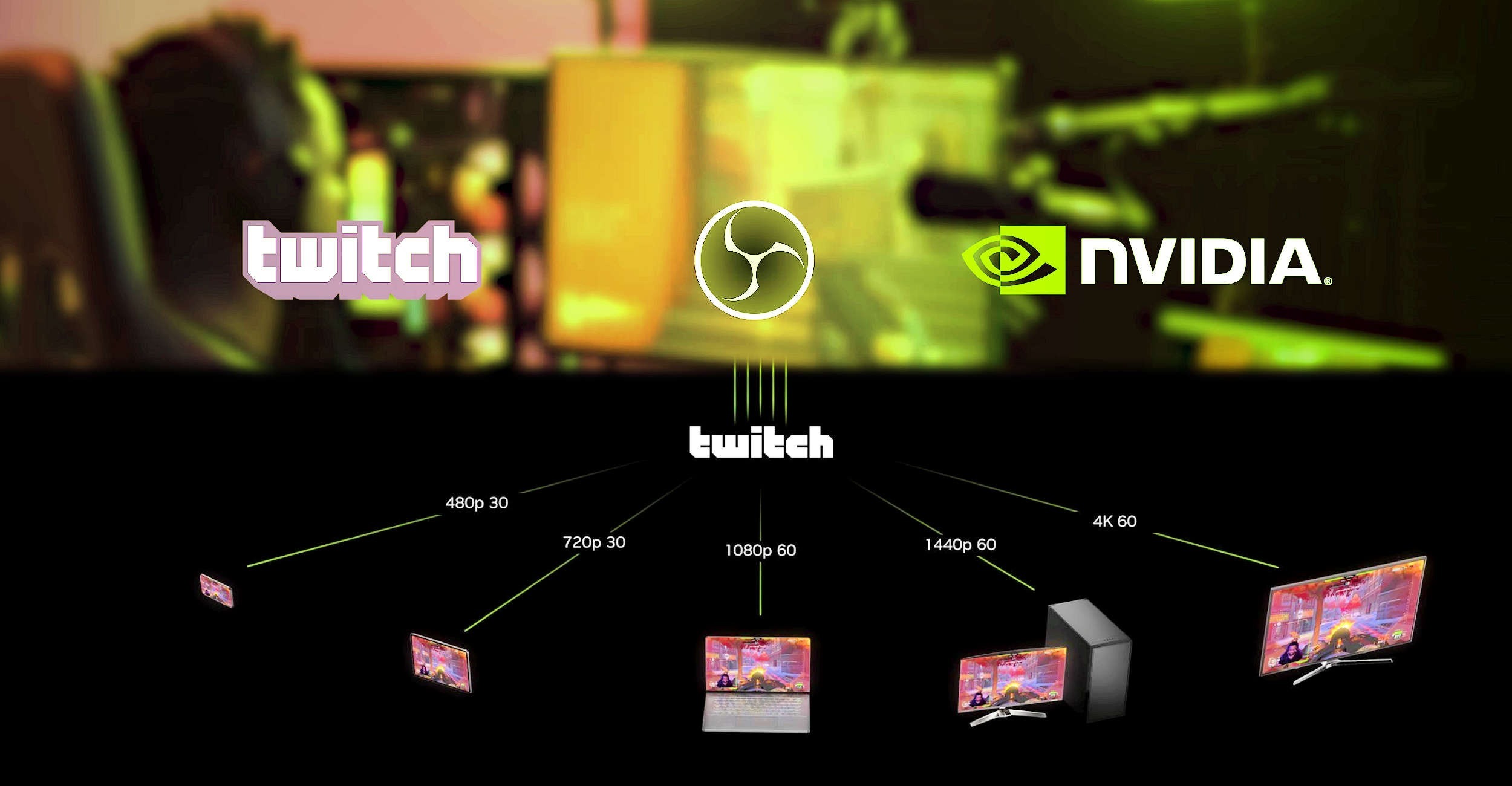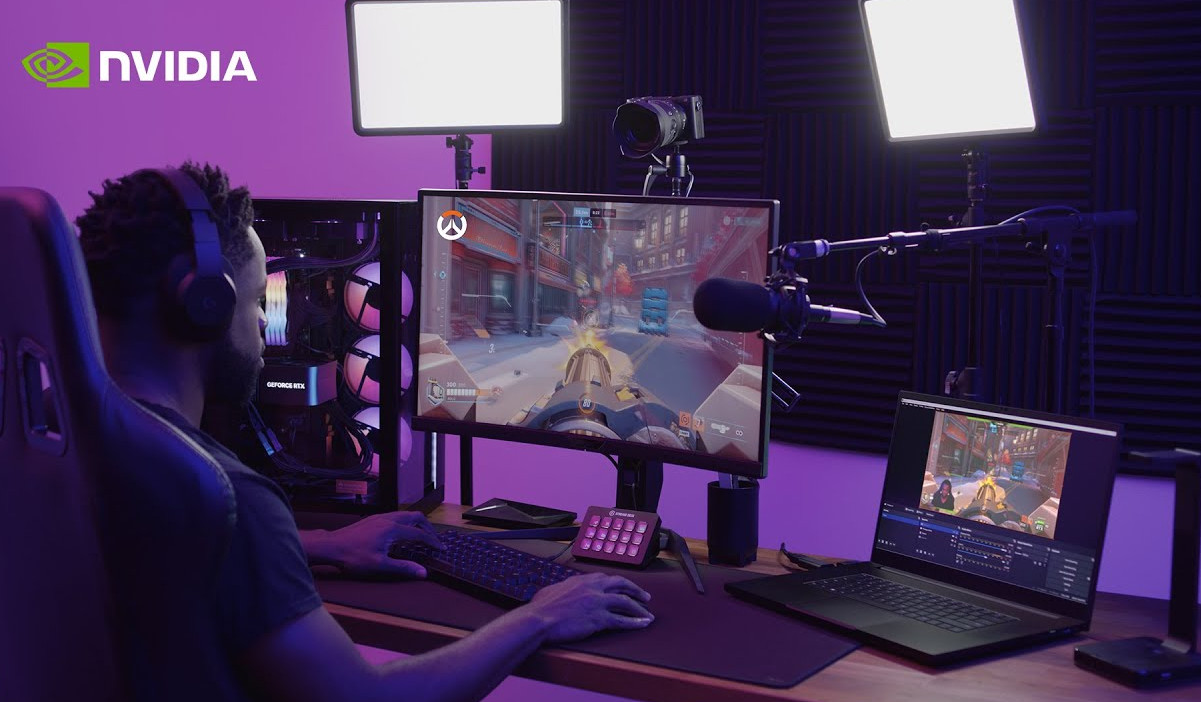Discord has already moved beyond AV1 Codec support in the first half of 2023. It looks like the novelty may also reach Twitch.
01/09/2024 – It's no secret that most streamers vote for Nvidia video cards by chance. Many people cannot use two computers for streaming. This happens when the NVENC function on Nvidia video cards is turned on. Using this, you can stream on streaming platforms or record videos using minimal resources. The processor is practically completely offloaded, so the gaming experience is virtually unaffected by streaming, unlike x246 hardware encoding. AMD is also experimenting with similar solutions, but Nvidia's development is more mature, as they have been with us since the GeForce 600 series. Naturally, they have been constantly developed and renewed over the years.
The difference between H.264 and AV1 can be played back
One of the big innovations of the RTX 40 is that it supports the AV1 codec. AV1 provides better quality than currently deployed H.264/H.265 solutions. In the image above, the difference can be perfectly illustrated, comparing the quality of Nvidia's old H.264 NVENC and the new AV1 NVENC. In both cases, the stream was recorded at the usual bitrate of 6Mbps on Twitch. It's heaven and earth, isn't it? At a certain bit rate, we can get a much nicer picture compared to previous solutions. Discord already announced support at the beginning of 2023, but one of the largest live streaming platforms, Twitch, remained silent until the beginning of 2024.
Twitch, OBS, and Nvidia team up – great innovations are coming
At its CES event on January 8th, Nvidia didn't just unveil Super cards. The above video was also published at that time, which users will be able to achieve with the help of the Twitch platform and the OBS app. It is worth waiting for two great innovations in the coming period:
- On the one hand, Twitch will one day finally support the AV1 codec, through which RTX 40 cards (and hopefully AMD and Intel cards also equipped with AV1 support) will be able to enjoy the above benefits.

OPS Twitch Nvidia
- The other will be a multi-encoded stream. The streamer won't actually send a single video stream to Twitch, but rather multiple videos at different resolutions. Thanks to this, even users with slower internet can get a great picture, while those with fast internet can enjoy 2K and 4K resolution.
Beta testing of the above functionality could begin within weeks, but only selected content producers can try out the new features. After the trial period ends, it will of course be available to all users Developments.
source: Video card / Nvidia
This 3D gaming screen doesn't require glasses, but you can still play in space












































